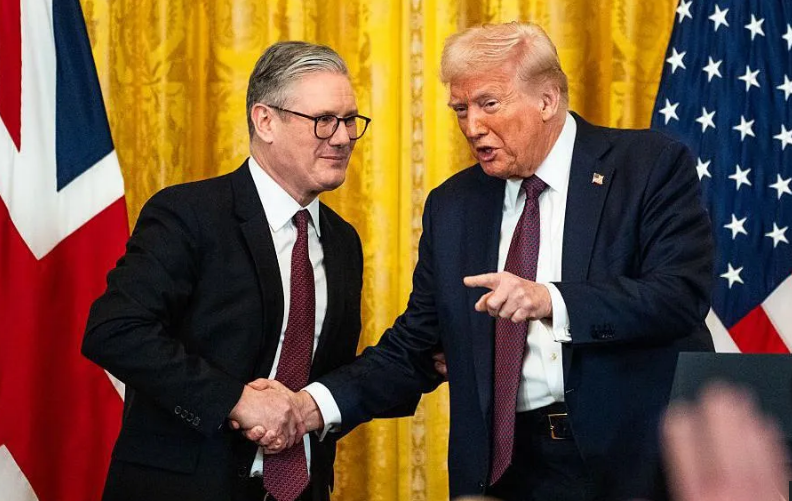The United Kingdom has been temporarily spared from a sharp increase in U.S. tariffs on steel and aluminium, after President Donald Trump signed an executive order doubling duties on the metals from 25% to 50% for most countries.
While the increased levy took effect for many U.S. trading partners on Wednesday, the UK’s existing 25% tariff remains in place — for now. The carve-out is linked to the recent UK-U.S. Economic Prosperity Deal (EPD), signed in early May, which aims to reduce or eliminate tariffs on key goods, including UK steel and aluminium. However, the agreement has not yet come into force.
In the executive order, President Trump said the UK deserved “different treatment” due to its participation in the EPD. However, he warned that the higher tariff could still be imposed on or after July 9 if the U.S. determines the UK has not complied with aspects of the agreement.
The UK government said it remains committed to implementing the trade deal swiftly, with a spokesperson insisting, “We are focused on protecting British business and jobs.” But uncertainty persists over the final outcome, with the Conservative Party accusing Labour of leaving companies “in limbo.”
The U.S. is the second-largest global importer of steel, with the UK sending about 7% of its total steel exports — worth more than £400 million — across the Atlantic each year. The UK also hosts several specialist steelmakers that rely heavily on American buyers.
Gareth Stace, chief executive of industry body UK Steel, said the reprieve offered a “temporary sigh of relief” but warned the sector remains on edge. “It’s been a rollercoaster of uncertainty,” he said. “What we really want is for those tariffs to be removed entirely, as agreed in May.”
Business Secretary Jonathan Reynolds met with U.S. Trade Representative Jamieson Greer in Paris on Tuesday to push for swift implementation of the EPD. Under the agreement, tariffs on UK steel and aluminium would drop to zero, while tariffs on cars would be capped at 10%.
However, industry leaders warn that the delay and policy uncertainty are already taking a toll. Rowan Crozier, CEO of Birmingham-based metal stamping firm Brandauer, said the unpredictable tariff environment was damaging customer confidence. “It creates confusion. Our clients are hesitant to plan ahead or place new orders,” he said.
Despite the UK’s short-term exemption, broader global tensions persist. Many countries, including Canada and the EU, are now subject to the higher 50% rate, and analysts warn the move could trigger further retaliation. Meanwhile, President Trump insists the tariff strategy will boost American manufacturing — a claim many economists dispute, warning it could instead drive up costs for U.S. consumers.
With the clock ticking toward a July deadline, British steel producers and exporters are watching closely — hoping diplomacy can cement a lasting resolution before new trade barriers take hold.

















